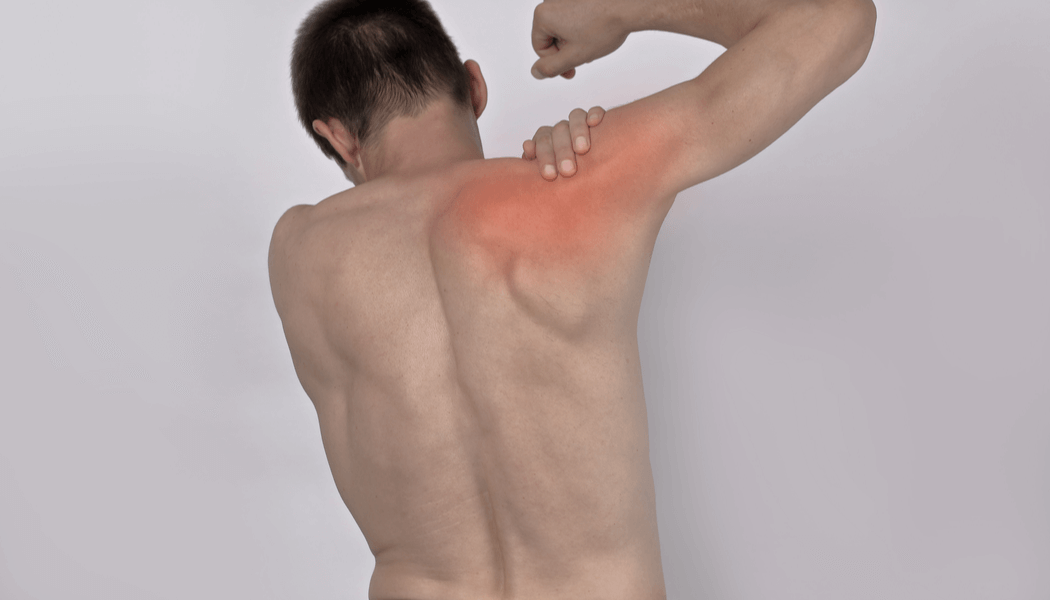Your doctor may ask how and when the pain started, whether it has occurred before and how it was treated, and other questions
to help determine both your general health and the possible causes of your muscle stiffness. A comprehensive examination will be required to find the
causes of your stiffed muscle.
Your doctor will look for physical abnormalities, swelling, deformity or muscle weakness, and check for tender areas. They’ll also perform a physical
examination to locate your pain or stiffness. And your doctor may order blood or other lab tests, including X-rays and CT or MRI scans.
Your specific treatment will vary depending on the cause. Your doctor may recommend anti-inflammatory medications, like ibuprofen, to lessen pain and
discomfort.
Home treatments:
You may be able to treat muscle stiffness at home with rest, massage, and application of heat or cold.
Heat may work better for muscle tightness. Cold may work better for swelling and inflammation. Options include hot and cold packs, heating pads, and heat
therapy patches.
Apply heat or cold to the affected area for no more than 20 minutes. Let the area rest for 20 minutes before reapplying either option. If you aren’t sure
about whether to use heat or cold, call your doctor for instructions.
Stretches:
Stretching is important for keeping muscles flexible and preventing stiffness. To decrease muscle stiffness, improve circulation, and reduce inflammation, try the following:
- Make time for regular exercise
- Stretch before and after exercise
- Take warm baths
- Massage sore areas


